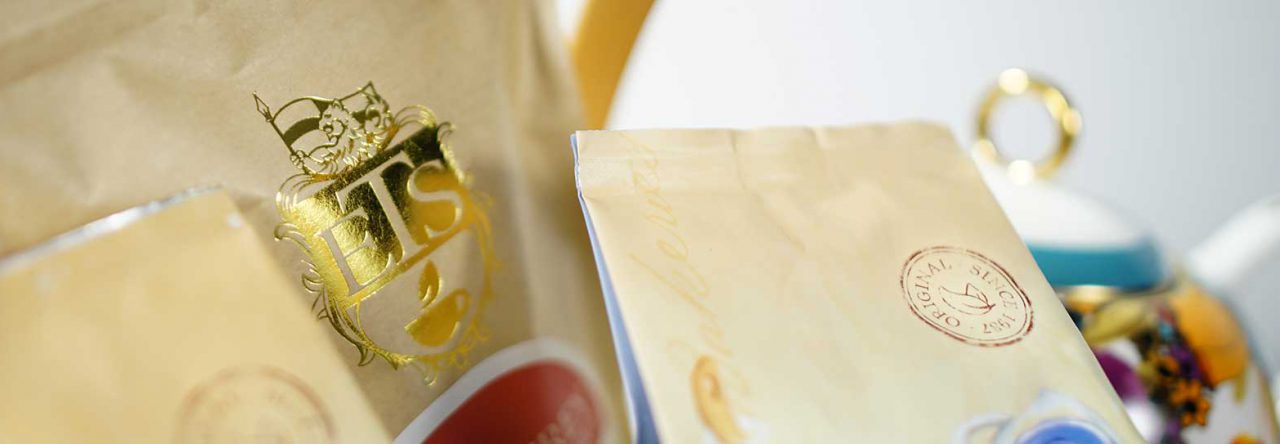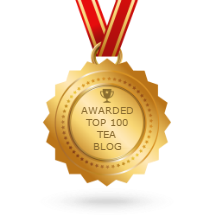By William I. Lengeman III
One of the great benefits of tea, according to many of those who drink it, is in the way it imparts a sense of calm to the drinker. This is in spite of the fact that tea contains caffeine, a substance that’s well known for having the exact opposite effect. So what is it that gives tea its calming effect, a property that appears to be lacking in such caffeine-containing beverages as coffee?
 Theanine is one of a number components found in tea. For those with a penchant for such details, let’s note that theanine or l-theanine’s chemical name is Gamma-ethylamino-L-glutamic acid. An amino acid found only in the tea plant, it was first isolated by Japanese researchers in 1949. In a number of studies theanine has been shown to be responsible for tea’s calming effect. Additional research has found that it might also have other beneficial effects.
Theanine is one of a number components found in tea. For those with a penchant for such details, let’s note that theanine or l-theanine’s chemical name is Gamma-ethylamino-L-glutamic acid. An amino acid found only in the tea plant, it was first isolated by Japanese researchers in 1949. In a number of studies theanine has been shown to be responsible for tea’s calming effect. Additional research has found that it might also have other beneficial effects.
In 2007, Japanese researchers at the Nagoya University Department of Psychology released results of a study undertaken to examine the effect of theanine on stress. The results indicated that theanine consumption “resulted in a reduction in the heart rate (HR) and salivary immunoglobulin A (s-IgA) responses to an acute stress task.” The researchers concluded that theanine “could cause anti-stress effects via the inhibition of cortical neuron excitation.”
Several years earlier, a group of Japanese researchers at The University of Shizuoka took a similar approach when they examined theanine’s ability to promote relaxation. Among their findings, that theanine caused a significant decrease in blood pressure in hypertensive rats and also affected brain wave activity in humans. The latter caused subjects to become relaxed but not drowsy.
Additional research on theanine included a 2002 study, again by Japanese researchers. This study looked at the neuroprotective effects of theanine and catechins found in green tea. Another study recently carried out in Israel assessed the effects of theanine in the management of schizophrenia, while yet another study attempted to determine the theanine content of various types of tea.



Leave a comment